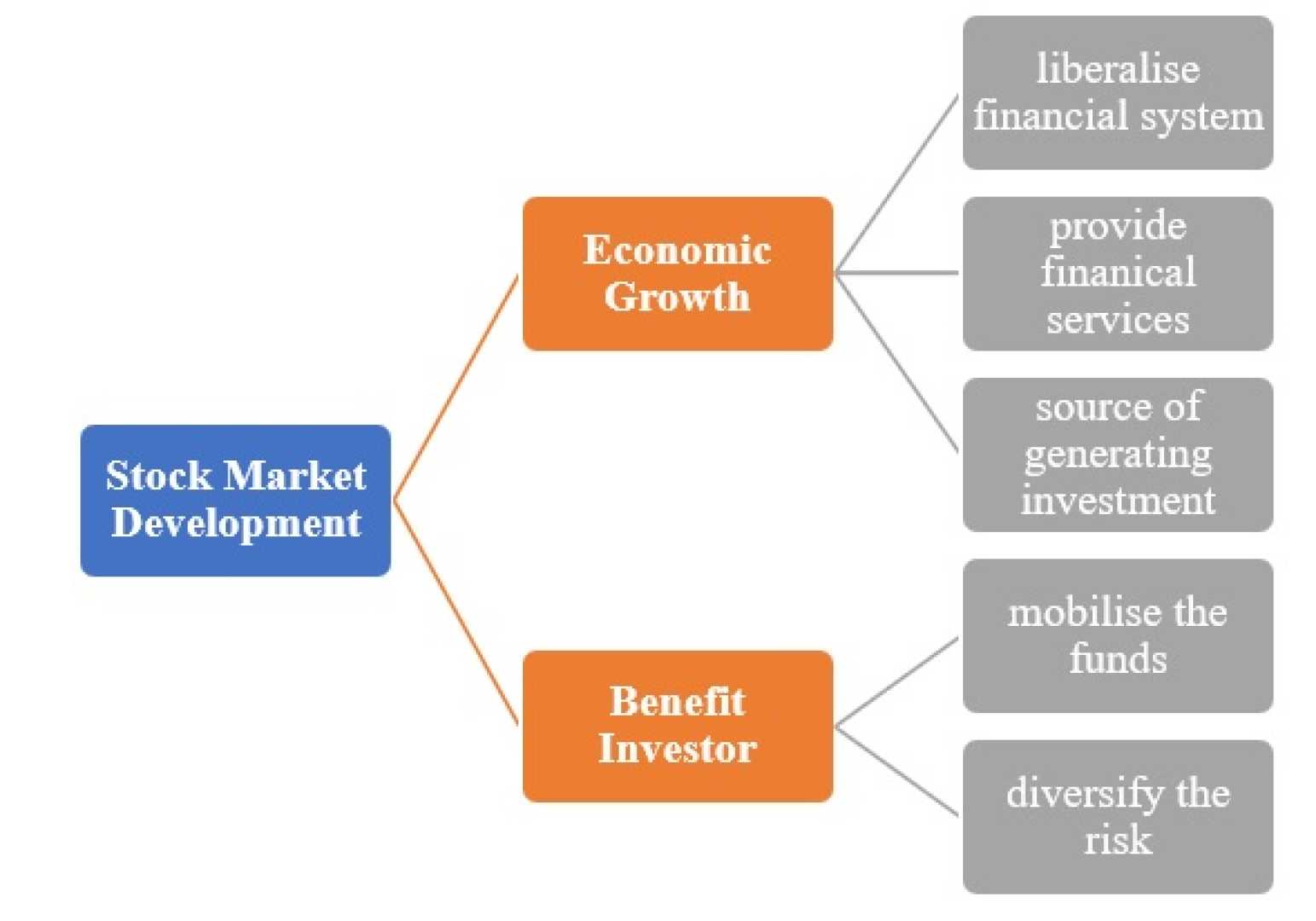Business
Markets Fluctuate Amid Tariff Talks as Investors Remain Optimistic

NEW YORK, NY — U.S. equity markets showed signs of softening after hitting record highs earlier this year, as tariff talks add uncertainty. Despite a setback in early 2025, the S&P 500 narrowly avoided a bear market.
In early April, the index rebounded, thanks in part to robust consumer spending and improving corporate earnings. Bill Merz, head of capital markets research at U.S. Bank Asset Management Group, explains that ‘stable and improving corporate earnings enabled investors to look past potential tariff impacts’. However, increased volatility is now emerging due to heightened rhetoric between the U.S. and China.
This year has seen a broader range of industries contributing to market gains, with significant performance from financials, which reached new heights in September. Despite fluctuations, mid- and small-cap stocks are recovering as investors anticipate Federal Reserve rate cuts to ease financial burdens.
Amid ongoing negotiations, the administration recently set new tariffs on various goods, including pharmaceuticals and trucks, raising concerns about future price hikes. Effective average tariff rates now exceed 10%, dramatically increased from 2% at the year’s start, yielding substantial revenue.
Tom Hainlin, national investment strategist at U.S. Bank, warns of impending inflation, stating, ‘Investors want to know when higher tariff rates will translate into higher prices’. Meanwhile, legal challenges loom over tariff imposition as the Supreme Court prepares to hear appeals on the administration’s strategy.
Despite the government shutdown impacting data releases, alternative measures indicate strong consumer activity. Measures like box office receipts and retail sales reflect robust spending, suggesting resilience in the economy.
In July, Congress extended tax cuts from 2017 and introduced additional breaks, spurring market optimism. However, the looming threat of tariffs may hinder these economic benefits. Analysts have adjusted earnings expectations as clarity around tariffs remains elusive.
Fed interest rate policy continues to shape market dynamics. After a series of cuts in 2024, the central bank held rates steady until a slight reduction last month. Fed Chair Jerome Powell noted heightened risks to employment, hinting at the bank’s careful approach.
As this financial landscape continues to evolve, experts encourage investors to remain prudent and consider long-term strategies. Eric Freedman, chief investment officer of U.S. Bank, emphasizes the importance of making informed decisions based on individual financial scenarios rather than reacting impulsively to market fluctuations.












